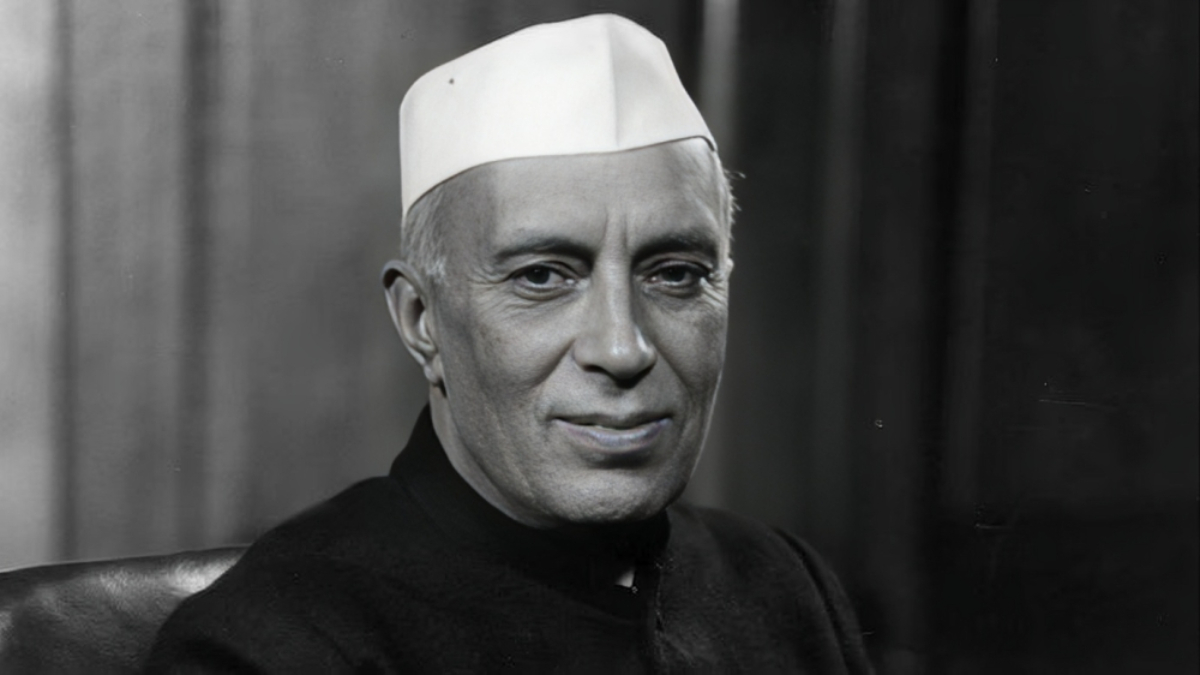Prime Minister Narendra Modi cited the words of Jawaharlal Nehru, India’s first Prime Minister, during a parliamentary session, stating, “Nehru expressed his disapproval of reservation in any form, particularly in job opportunities. He firmly opposed any measures that would encourage inefficiency and lead us towards mediocrity.”
PM Modi went on to highlight that this statement reflects the Congress party’s historical stance against reservation. He added, “Nehru ji used to emphasize that if quotas were granted to SC/ST/OBC communities in employment, it would adversely impact the quality of government work.”
In his response to the Motion of Thanks to the President’s address, Prime Minister Modi stated in the Rajya Sabha that the Congress should refrain from advocating for social justice. He highlighted that the party had not fully implemented reservation for the OBCs.
During the time when India had just gained independence and was grappling with issues of poverty and socio-economic disparities, there were debates surrounding affirmative action. One such figure was Jawaharlal Nehru, the Prime Minister at that time.
While it is true that Nehru expressed his dislike for any form of reservation, there is more to his stance. The remarks quoted by PM Modi were actually from a letter dated June 27, 1961, where Nehru voiced his concerns about the practice of caste-based quotas and privileges.
In the letter, Nehru emphasized the need to move away from the old habit of providing reservations and specific privileges based on caste or group affiliations. He advocated for a shift towards providing assistance based on economic considerations rather than caste-based reservations.
Therefore, it can be said that Nehru had reservations about the traditional approach to reservations and believed in a more inclusive and economically focused approach to uplift the marginalized sections of society.
Nehru supported providing economic assistance to underprivileged communities.
Nehru’s letter expressed his disapproval of reservations, particularly in the service sector, as he believed it would lead to inefficiency and subpar standards. He emphasized his desire for India to be a top-tier nation in all aspects, warning that settling for mediocrity would be detrimental. Additionally, the letter highlighted the importance of providing economic assistance to marginalized groups and implementing reservations based on economic factors rather than caste. The letter referenced a recent meeting on national integration that emphasized the need for assistance based on economic considerations.
Nehru’s emphasis on education for empowerment was unwavering.
Nehru’s perspective centers around the belief that education is the primary means of empowering marginalized groups. In a letter, he asserted, “The most effective way to uplift a disadvantaged community is by providing them with access to quality education.” Nehru highlighted his government’s commitment to offering “universal free elementary education” and “scholarships,” emphasizing that this extends beyond traditional subjects to encompass technical, scientific, and medical training. Recognizing the untapped potential within the nation, Nehru emphasized the importance of nurturing bright and talented individuals, stating, “I firmly believe that our country possesses a vast reservoir of untapped talent, waiting to be unleashed if only given the opportunity.”
Nehru remarked that reservations overshadow the brightness.
In the same correspondence, Jawaharlal Nehru expressed his apprehension regarding the implications of communal reservations.
Jawaharlal Nehru cautioned against the implementation of reservations based on communal and caste lines, as he believed it would overshadow the talents and capabilities of bright individuals, leaving the nation with a mediocre or inferior status.
While Nehru presented his ideological opposition to communal and caste-based reservations, he also acknowledged the necessity for affirmative action in the newly established country.
Nehru further stated in the letter, “Although we are bound by certain regulations and traditions to assist Scheduled Castes and Tribes, I personally disapprove of any form of reservation, particularly in employment.”

